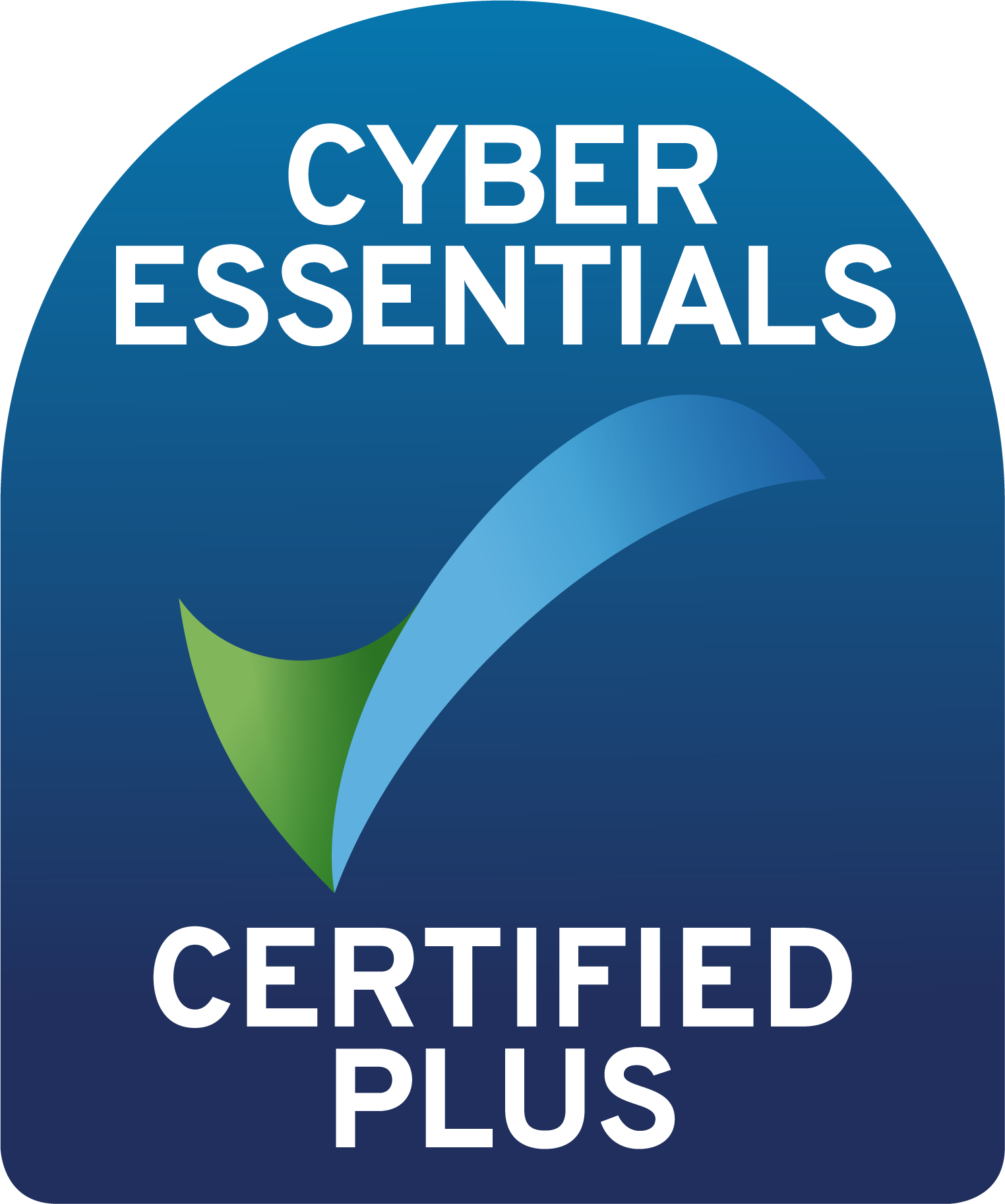Every time we use the internet we are either intentionally or unintentionally submitting ourselves to the harvesting of our metadata and building on discussions around the Splinternet. It tracks and stores huge amounts of data about where we are, what we’re doing, our likes and dislikes, and serves this information up to powerful international companies or government bodies. These parties are using this information to their own advantage to change your opinion, sell to you, informing or misinforming you as they see fit.
The US election controversy, the leaking of defence information, the theft of millions of consumer records from a range of household names and the prosecution of some of the largest internet giants under competition laws have started to create a more concentrated view on how internet use and control is evolving.
What is clear is that the western companies that own this space today, known as FAANG’s (Facebook, Amazon, Apple, Netflix and Google), are making hundreds of billions a year harvesting our data and in return we get access, connectivity and are “informed”.
Many academics are now actively discussing what the next stage of evolution is likely to be for Sir Tim Berners-Lee’s great invention called the World Wide Web, and the term “splinternet” seems to be gaining ground.
The motives of countries like China with their “great firewall of China” could be sighted as a country that is restricting the access of its citizens to the internet to protect them from the evils that lie beyond their control. Through this control, a trio of Chinese domestic internet companies with their own acronym “BAT “(Baidu, Alibaba and Tencent) have emerged to serve the Chinese people’s desire for information.
The discussion around data sovereignty
Information sovereignty is now the watchword in many political circles and although China is widely sighted as having the toughest of restrictions, Iran, Russia, the UAE are all advocates of replacing US lead internet technology with their own versions. Even Turkey, a more western liberalised country with the desire to become a EU member is moving in this direction.
The dichotomy of this argument is, in many cases, they are right, our everyday life is intertwined with the internet, just step outside, sit on a bus, a plane or a tube and you’ll see what “must have it now”, “always connected”, “real time data” addicts we have all become, our emerging legacy of the explosion of the IOT (Internet of Things).
The security dilemma is that the internet was never designed to be this arterial blood vessel, pumping information around its extremities and beyond. The depth that the internet has got to, with e-commerce, online banking, media and entertainment and monitoring and connected devices all having a heavy dependence on the internet and the search engines that feed them. Enter the cyber-criminals that have found rich pickings in the system fuelled by a level of complacency with regard to security that is astounding.
However, it’s not surprising and not entirely our own fault as according to a BBC report on security suggests, in the development of the internet, containing cost and encouraging convenience trumped any notion of the importance of security.
What is the Splinternet?
It’s a term I wasn’t familiar with until recently and is different to the “dark web”, as its where cyberspace is controlled and regulated by different countries, and is no longer a far-off fantasy – it’s now a dangerous reality.
Wikipedia defines the splinternet as a characterization of the Internet as splintering and dividing due to various factors, such as technology, commerce, politics, nationalism, religion, and interests.”
A view by Atlantic magazine suggests that there is a hidden agenda baked into many new devices where the content displayed and the advertising presented are designed and developed to tie a user to a particular ecosystem and explains that “in the Splinternet age, ads are becoming more tightly controlled by the platform they sit on which is why users are reacting to this type of lock in.
As the web becomes more splintered and information more controlled, regardless of national and international boundaries, there is a danger that the trust in democratic systems and free markets will be eroded while the opportunity for more advanced cyber misinformation campaigns will grow.
Enter the UN, who increasingly see this censorship and restriction of people’s ability to explore and express Information as a breach of fundamental human rights as set down in the 1948 declaration which says that “people have the right to seek, receive, and impart information and ideas through any media and regardless of frontiers.”
Maybe this is a little outmoded in this digital age, however in 2016, they went further by declaring “online freedom” to be a fundamental human right that must be protected and passed a motion to endorse an Open Internet (OI) system, allowing the UN to apply pressure on governments and enforce digital human rights standards.
Where’s the middle ground?
How do we strike the balance between an open flexible internet that provides uncensored information to a population that also provides a level of security that Governments actively seek?
Perhaps an outlawing of this covert harvesting of user data is the answer, a bit like the outlawing of subliminal advertising in film and video, where advertisers used one frame imbedded in a film shown a number of times during the film to promote for example, a snack or drink, which is below the threshold of our visual cognition but registers in our mental cognition, influencing a response without us being consciously aware of it.
Given that a large slice of internet users have a complete disregard for the need for password security, using passwords like “password” or replacing letters with numbers like 0 for O which a hacker can brut force in minutes, are Governments doing the right thing in this forces restriction and have recognised that the usefulness in passwords as a security measure is also coming to an end.
Is the quickest and simplest answer to preventing the splinternet from growing while securing users is the introduction of biometric ID cards, such as those rolled out in Estonia, where identity and access now go hand in hand and provide a secure log on to services which includes the internet , making it harder to gain access to data in order to impersonate a user?
Whichever way the Splinternet goes, we will all have to decide how happy we are for large corporates to harvest and sell on our every online move or our online liberty to be defined for us.
© Vissensa Limited 2008 -2020











